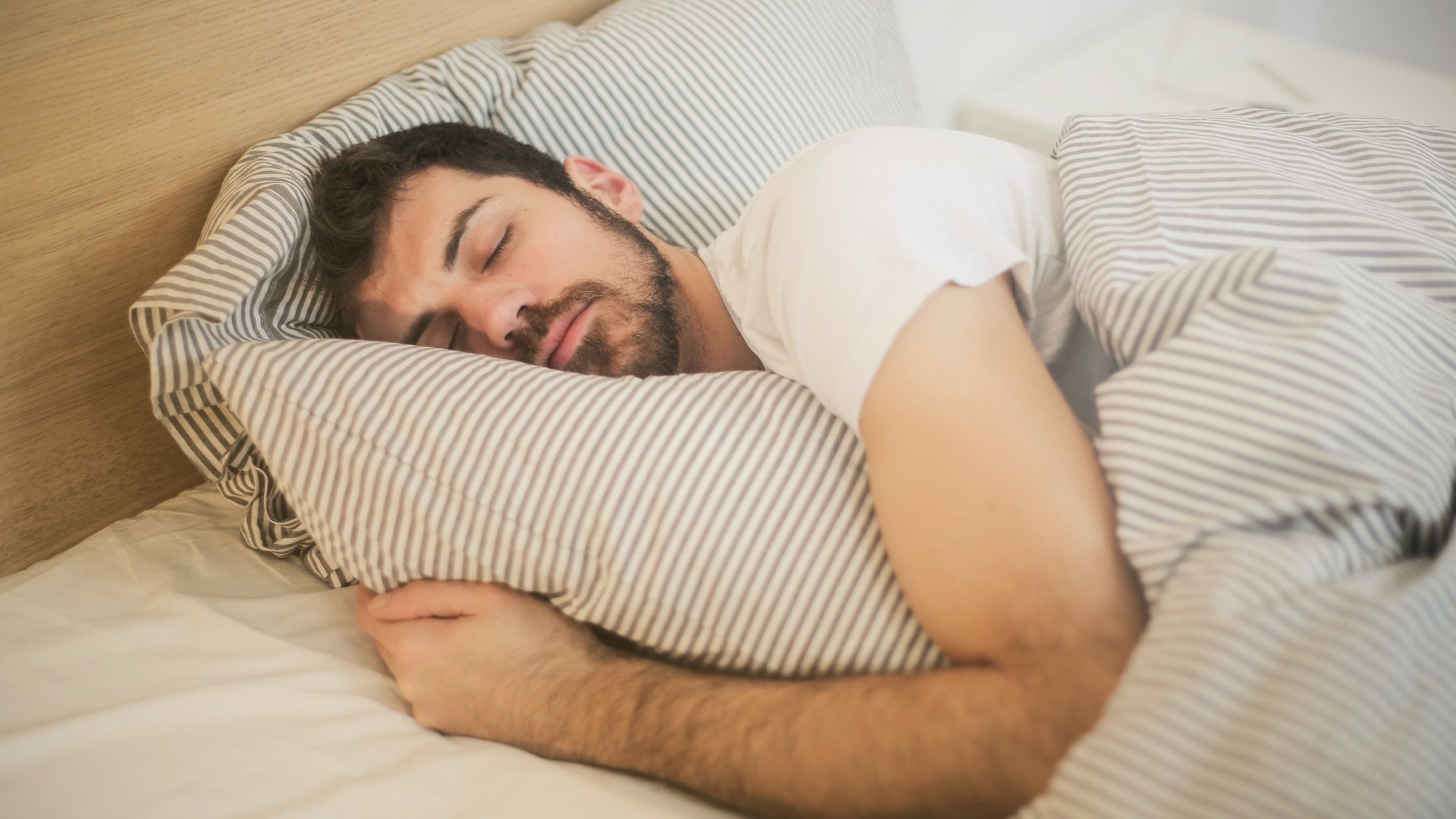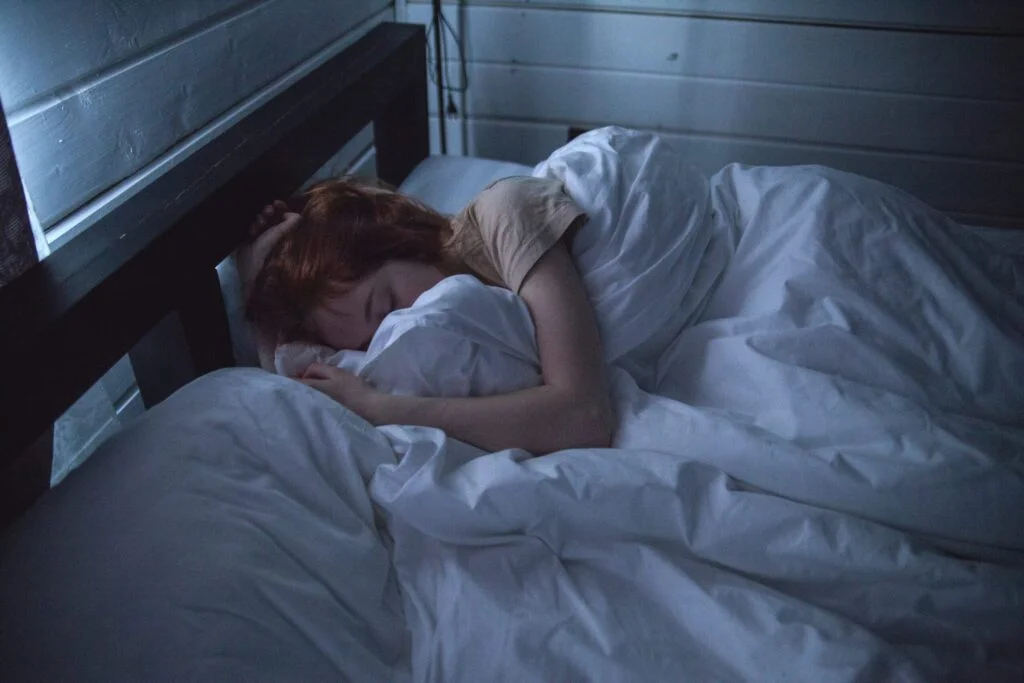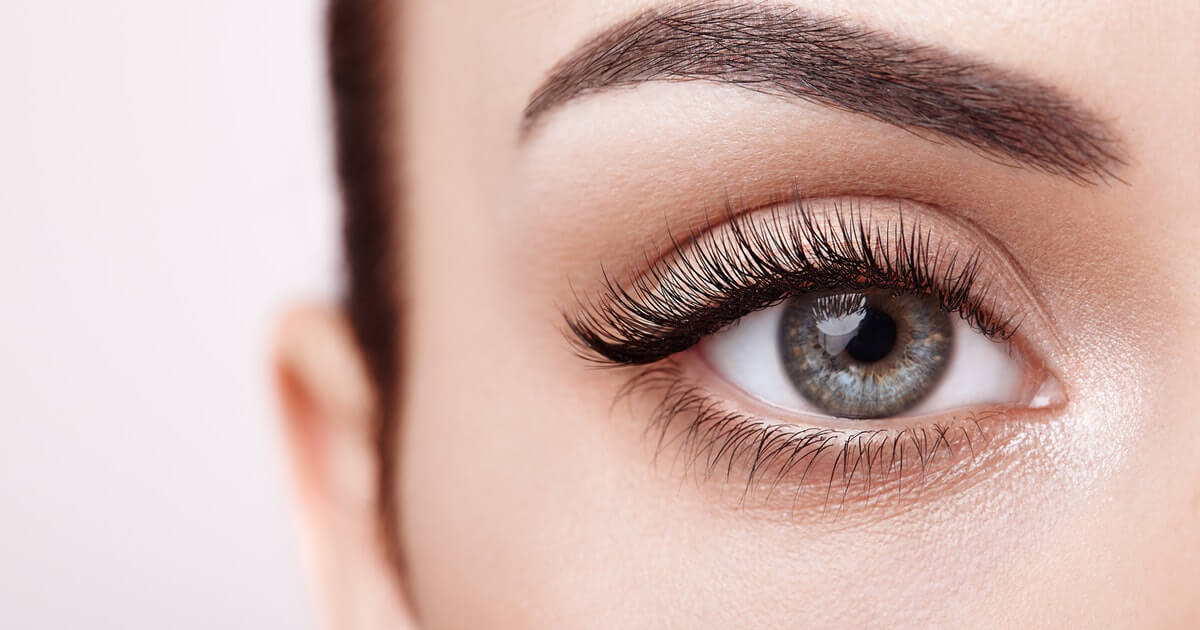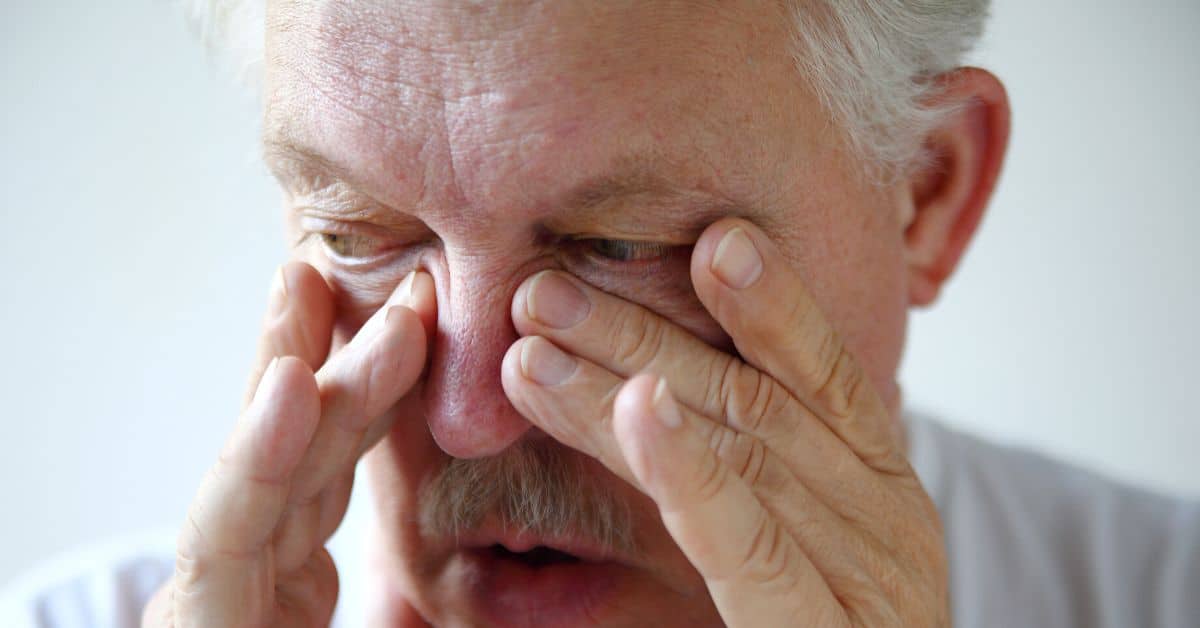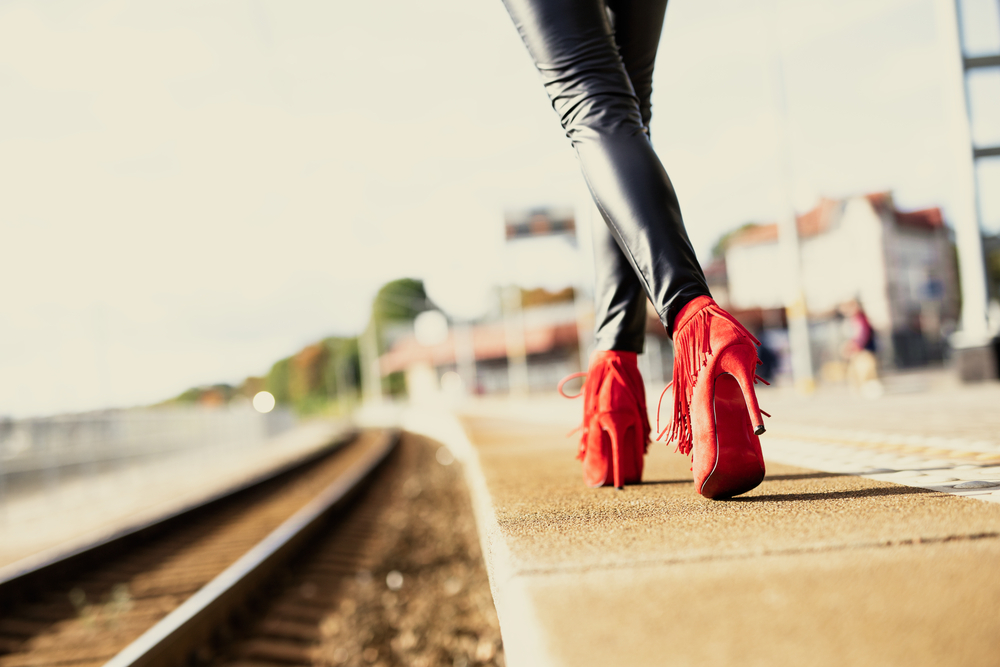Sleep chronotype is an inclination for your body to sleep early or late. These inclinations are primarily genetic, and you can’t easily change them. However, you can train yourself to sleep a little earlier or wake up early overtime. But what’s better: sleeping early, sleeping late, or just staying up all night?
Sleep Chronotypes Explained
Apart from genetic dispositions, chronotypes may differ according to age, geographical locations, and changes in daylight hours. Sleep chronotypes may influence body temperature, appetite, and cognitive performance.
Early Bird or a Night Owl?
Do you find yourself waking up early in the mornings and going to bed early? Are you a night owl who loves staying out late? Or do you stay up all night on some days, while others you would instead go to sleep early?
The Sleep Cycle
Two systems in the body control the sleep cycle:
- The Circadian rhythm, which helps regulate your wake-sleep cycle and tells you when to feel sleepy
- Sleep homeostasis, the amount of accumulated sleep urge during the hours you’re awake
How Sleep Chronotypes Affect Productivity
If you’re an early bird, you might be more productive in the mornings, while if you’re a night owl, you may feel more awake and productive late at night. Understanding your chronotype enables you to use your sleep time wisely.
Early Birds Vs. Night Owls
Studies show that early birds are more proactive than night owls, and they tend to be more responsible. However, night owls are better at thinking outside the box, i.e., seeing problems from different perspectives.
Night owls may also have an advantage in decision-making, as they tend to be less influenced by emotions. On the other hand, early birds may be more goal-oriented and self-disciplined.
However, whether you’re an early bird or night owl, it’s quality sleep that matters. Make sure you get at least 7 hours of uninterrupted sleep every day. To achieve this, here are a few tips anyone can adopt.
Avoid Caffeine When Going to Bed
Caffeine keeps you awake, making it harder to fall asleep. Note that it can take up to ten hours to completely clear caffeine’s effects from your body. Avoiding caffeine after 3 pm is an easy way to ensure a restful night’s sleep.
Avoid Heavy Meals
When your metabolism is slow, your body is in a state of rest. Eating a heavy meal before going to bed will only make it harder for you to fall asleep. If possible, avoid eating anything within 2 hours of going to sleep.
Invest in a Quality Mattress
Your bed is the single most crucial piece of furniture in your bedroom. Make sure you invest in a comfortable and supportive mattress that matches your needs. https://www.health.com/condition/sleep/best-mattress-in-a-box is an excellent place to find out which mattress best suits your sleep needs and style. Doing so will enable you to rest well, wake up energetic and in high spirits.
Turn Off the Lights
A quick way to ease yourself into sleeping mode is setting the lights down low an hour before going to sleep. The darkness signals the body to release melatonin, which induces sleepiness.
Turn Off All Electronic Devices
Avoid staring at bright screens for an hour before going to sleep, as the light tells your brain that it’s still daytime. The blue light emitted by electronic devices delays the production of melatonin and makes you stay awake longer.
Quality Sleep is an Important Part of Everyday Life
By following these simple tips, you’ll fall asleep faster and wake up feeling refreshed, no matter if you’re a night owl or an early bird. Remember that the key to better sleep is setting down a routine to get adequate sleep every day.
Understanding your sleep chronotype and working around it will help you maintain a healthy sleep cycle. You won’t suffer from sleep deprivation, low energy, and mental fogginess.





